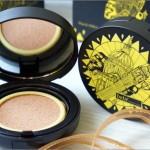
Any difference between moisturizing and hydrating?
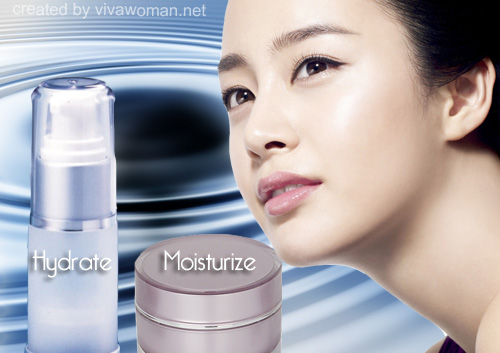
A reader by the nick of ichigohime recently asked me what’s the difference between moisturizing and hydrating. I thought it’s an interesting question since both words are often used interchangeably and it would seem they are the same. But are they?
Well, I had given her a brief answer that hydrating products are formulated to increase water content to plump up the skin while moisturizing products keep the skin soft and pliable by preventing water content in the skin from evaporating.
But I thought I’ll discuss a little more here and to begin, let’s look at what exactly is moisturizing and hydrating.
Moisturizing makes skin soft and smooth
Moisturizing aims to form a barrier film on the skin’s surface to prevent moisture loss. This makes the skin feel softer and smoother. Moisturizers generally work in two ways with two types of ingredients.
First, you have the humectants, such as hyaluronic acid, glycerin, sorbitol, propylene glycol, sorbitol, lactic acid, and colloidal oatmeal, which work by attracting water molecules to the skin.
And second are emollients, like sweet almond oil, apricot oil, shea butter, and cocoa butter, which work by softening skin and forming a protective layer on top, to prevent water loss by coating the skin with an oil-based substance to trap moisture in.
Generally, the drier your skin, the thicker the moisturizer you need as they can help banish dry patches, flakiness and even fine lines. And in theory, a moisturizer should protect your skin from water loss until you wash your face but we know this does not always happen for various reasons, one of which is environmental polllution.
Hydrating makes skin plump and supple
The upper layers on the epidermis needs a supply of water to make sure they are kept plump and smooth.
Hence, hydrating facial products are designed for this purpose to increase the water content of the skin. They usually contain occlusive agents that keep moisture from leaving the skin and humectants that attract more moisture to the skin. So in a sense, hydrating products are often said to be moisturizing as well.
However, to me, hydrating means the actual replenishment of moisture or water to skin cells. Therefore, you should replenish moisture to your skin first before you have your moisturizing skincare products applied.
Our skin needs to be hydrated and moisturized
Going by the structure of our skin, we need both hydrating and moisturizing products applied on our skin. However, does this necessarily means you need to apply two different products?
Well, not so because many moisturizers these days are designed to be water-based, containing mostly water-binding ingredients such as hyaluronic acid with some oil. But say if your skin is very dry, it would be better to use two products, such as a hydrating toner or hydrating serum followed by a richer moisturizer.
Tip to apply moisturizer to increase hydrating benefits
Personally, I only use a hydrating toner prior to using my facial oil and moisturizer. I always ensure that I apply the products while my skin is still damp.
You might like to know that applying moisturizer to a damp face helps to lock in the water from the upper layers of the skin, and prevents evaporation. The moisturizer will also help seal the hydrating benefits from the toner deep into the skin.
Hydrate from inside out
Finally, while topical application can help to keep your skin hydrated and supple, and protect it from environmental stress, it is more important to hydrate your skin from inside out.
Drinking of water is rather important to help skin cells stay hydrated – experts seem to point otherwise but my skin generally feel dry and tight when I do not drink enough water.
Eating food rich in the essential fatty acids such as walnuts, flaxseed, salmon, and olive oil will also help to keep our skin hydrated.
So do you have other hydration tips to share with us? Or perhaps a favorite hydrating product that doubles up in moisturizing too?
Comments
Leave a Reply
You must be logged in to post a comment.









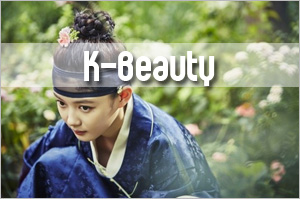
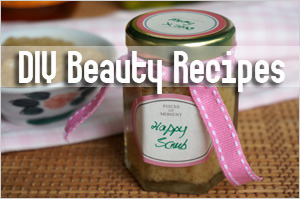
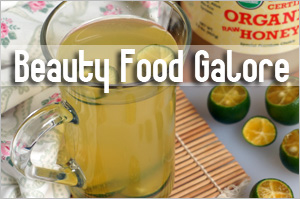
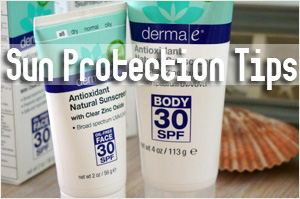
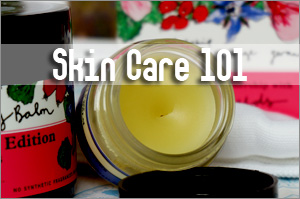
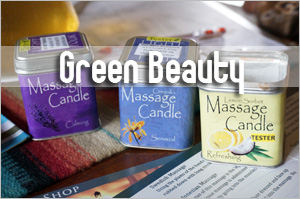
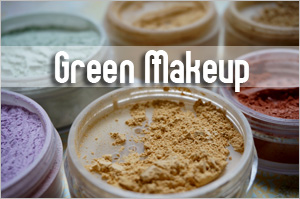
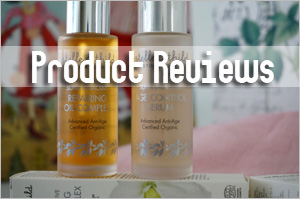
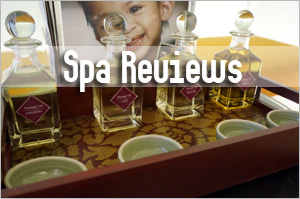
Thanks for sharing this! This is a very good information!
Hi there!
I hope the long weekend was a great one for you… ?
I’m asking on behalf of my friend who has this acne marks on her upper back and she will like to lighten those marks..
Any suggestion or solutions to it?
Thank You.
S.
Thanks for sharing with us and has always enjoyed your writings. My skin is very very dehydrated and I find that using hydrating masque helps a lot. Have shifted my regime to use MVO Anti Aging oil prior to moisturiser helps too. Will have to be patient so that my skin hydration level will be balanced.
hello! as someone who frequently has back acne, my suggestion for fading marks is to treat it the way you will do it for face, exfoliate it about 2 or 3 times a week and wash with (if possible) whitening body cleansers. but because whitening body products can be expensive, i usually go with just exfoliation and wearing a jacket often to shield the marks from sun exposure (i bet there are people who wonder why i wear a jacket in the burning hot sun when queuing for bubble tea). acne marks do go away on their own, but if not properly taken care of, they will take a REALLY long time to fade.
would like to make an additional point about moisturizers. i believe that the role of moisturizers can sometimes be seen in the other names they are called, they seem to be quite often called emollient skin creams. =D
I did a test before to prove how drinking adequate water keeps the skin hydrated. I was scheduled to take a long 13-hr non-stop flight and 2 hrs before I boarded the plane, I drank water non-stop, taking mouthfuls of water as I walked around the airport waiting for boarding. I lost count of the number of times of toilet trips that I had to make but it was to the point of getting myself hassled.
In the end, the large amount of water that I drank kept me well hydrated throughout the 13-hr flight. There were no signs of dry watery eyes & lips, and flaky skin which I always get if I don’t douse myself with enough water prior to flight.
wow! thanks ? i will tell her this good news ?
@Sesame: You are exactly correct in your description of how humectants and occlusive agents work. Humectants attract water (either from the air or sometimes even from deeper in your skin.) Occlusive agents (like oils) work by preventing water from evaporating from your skin. This is called Trans-epidermal Water Loss or TEWL.
But the terms moisturizing and hydrating don’t really have scientifically different meanings when it comes to cosmetic products. Technically they are really the same but they are used as marketing terms to make products sound differentiated.
So if someone tells you a “moisturizer” is different than a “hydrator” they’re not quite telling you the truth.
Agree that they’re used as marketing terms as there are many moisturizers with hydrating qualities so in that sense, there are no difference. But not all moisturizers are hydrating, based on my experience. Some are oil based with occlusive agents so these still do not hydrate much.
That’s good to know. Dermatologists often cite scientific data to correct this fact. All I know is, if I don’t drink enough, my skin becomes drier too.
I believe those are pretty rich creams although I’ve not tried them.
Yes, true…aim to get your skin back to a balanced condition.
Shaynnie: Raelynn’s suggestion is great…it’s definitely something that works for me too. I like using vitamin C products for the whitening effect.
You’re welcome. ?
Thanks for this excellent post! I’m sure it helps alot of gals out there who were once as confused as I was about hydration and moisturization! ?
Cheers for this fantastic post! You’ve cleared my doubts as I’ve also experienced some moisturisers are not “moisturising†enough to keep my skin hydrated, and I know why now. Certainly some noteworthy pointers for me to choose the right skincare products in the future ?
this is a very informative post! i didn’t know that these two terms are different! thanks sesame! ?
You’re welcome. ?
Hope you’ll fine something that works well for you soon. ?
Yes, the terms are different but some products combine both so that makes the differentiation meaningless in a sense. But it’s important to know our skin needs both hydrating and moisturizing – if we cannot get it in one product, then we will need two.
Hi there! Great post as usual! Does this have any connection with a beauty tip I’ve read? It’s about mixing moisturizers with water and placing it in a spray bottle for frequent rehydration and moisturizing spray? Does this make sense? Thanks!
Maybe…but mixing moisturizer with water can be tricky cos water attracts bacteria so it’s best o use with care. I would rather apply the moisturizer on damp skin as there are no risk of bacteria contamination.
hey there,
have you tried using pure veg glyverin for hydration?
am just curious as i’m trying to find the best hydrating product.
No…I don’t like glycerin much. I find too much can be drying. It depends on skin type and the environment…
thanks so much for the infos
I change my cream to sure white toning hydrating cream, I have been using it for a month plus & it changing my face complexion drak. I don’t knw if I should contniue using it, bicos I would want my face to be lighter. Pls what do u suggest?
its really good content , i enjoyed really
thanks
I am confused. There are so many people who swear by using oils to moisturizer and hydrate. My skin is dehydrated , partially due to medications. I am 51 and my skin has already begun to age. The typical horizontal forehead line, the lines between the eyes , lack of firmness around the jaw and neck area . (I have been told that these are expression rather than lines from aging ??) I use eucerin to cleanse, a rose water toner , a serum with vit c, retinal , hyraulaunic acid, which is all pretty much plant derived. After that dries , I mist , then use cerave lotion which contains ha and ceramides. I’ve tried jonoba over that. After about 10 minutes , it seems to have penetrated, but in the morning my skin feels oily, and I don’t have oily skin. So ….-any recommendations after reading this rather lengthy post ? Bottom line- fix dehydration and treat and prevent future wrinkles
I suggest using a cream over your oil if your skin is dry. It will help with added moisturization. Or a cream over a hydrating serum. Try looking up Reviva Labs available at iHerb. I find the brand quite good for matured skin.
Hi,
just a sharing through from my experienced. I have an oily skin.. currently am using MaryKay products. instead of using moisturizer during day time, I add hydration at night and sometimes hydration gel.
Mary Kay products: Hydration Botanical Effects & Moisturiser Timewise Combination to oily skin… personally, these products do their job well…
what you guys think?
Is there any oil that can hydrate the skin? Like for example coconut oil, almond oil… Thanks.
Pomegranate seed oil is hydrating.
I absolutely loved your article about this topic. As a Rodant and Fields customer and consultant I’m trying educate my self more of skin topics. Recently RF come out to exactly launch day today with Active Hydration. I started to do my research to further my knowledge on the benefits of hydriation on different skin types. Mine unfortunately is very acne prone, after adding a hydriator 2-3 uses I noticed a huge difference…less oily, better texture…not to mention my wrinkles diminished. Active Hydration contains 30% Glycerin, it also literally pulls water from the atmosphere to PLUMP UP your cells by up to 200% in the first use. Check out my site.